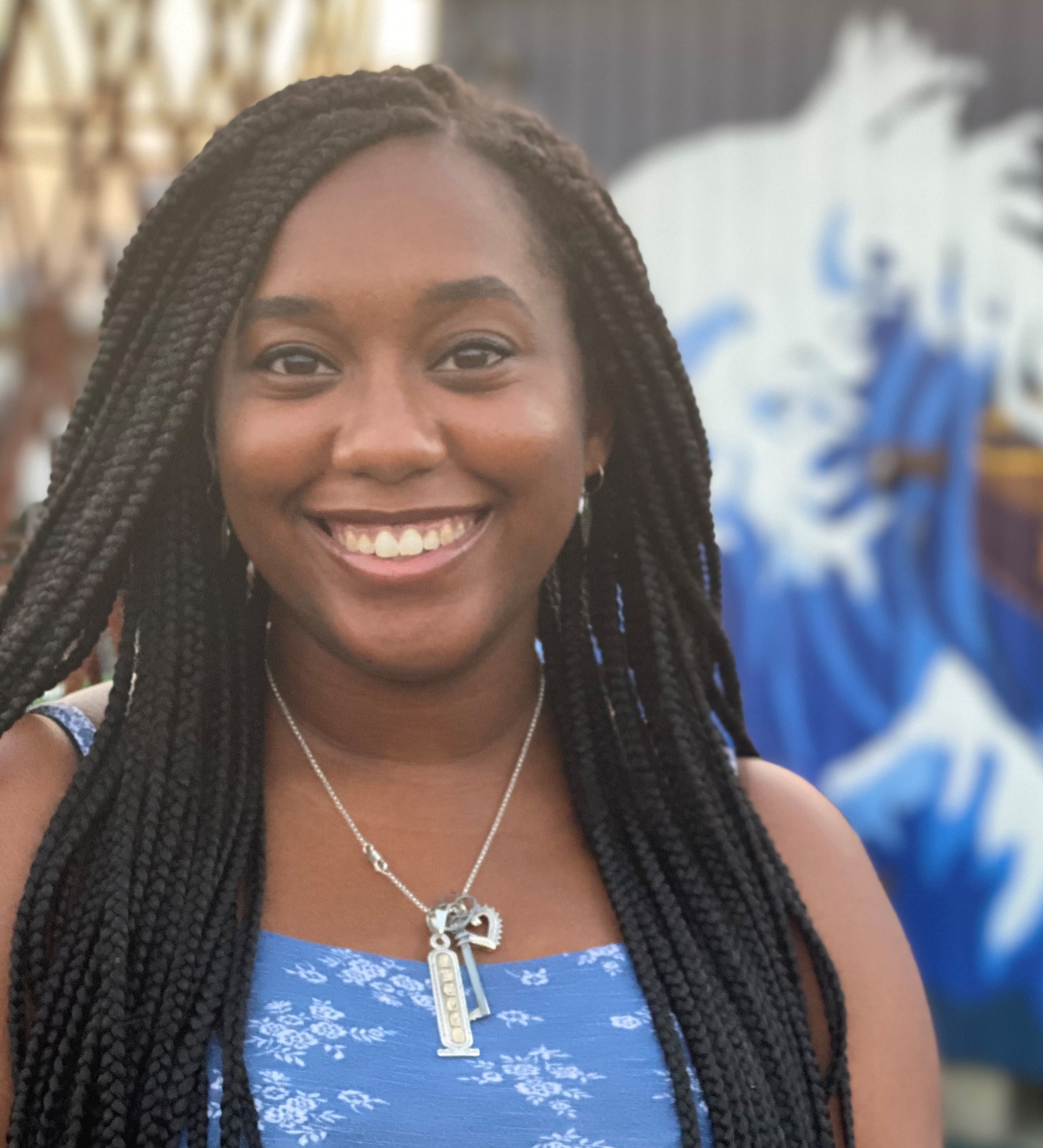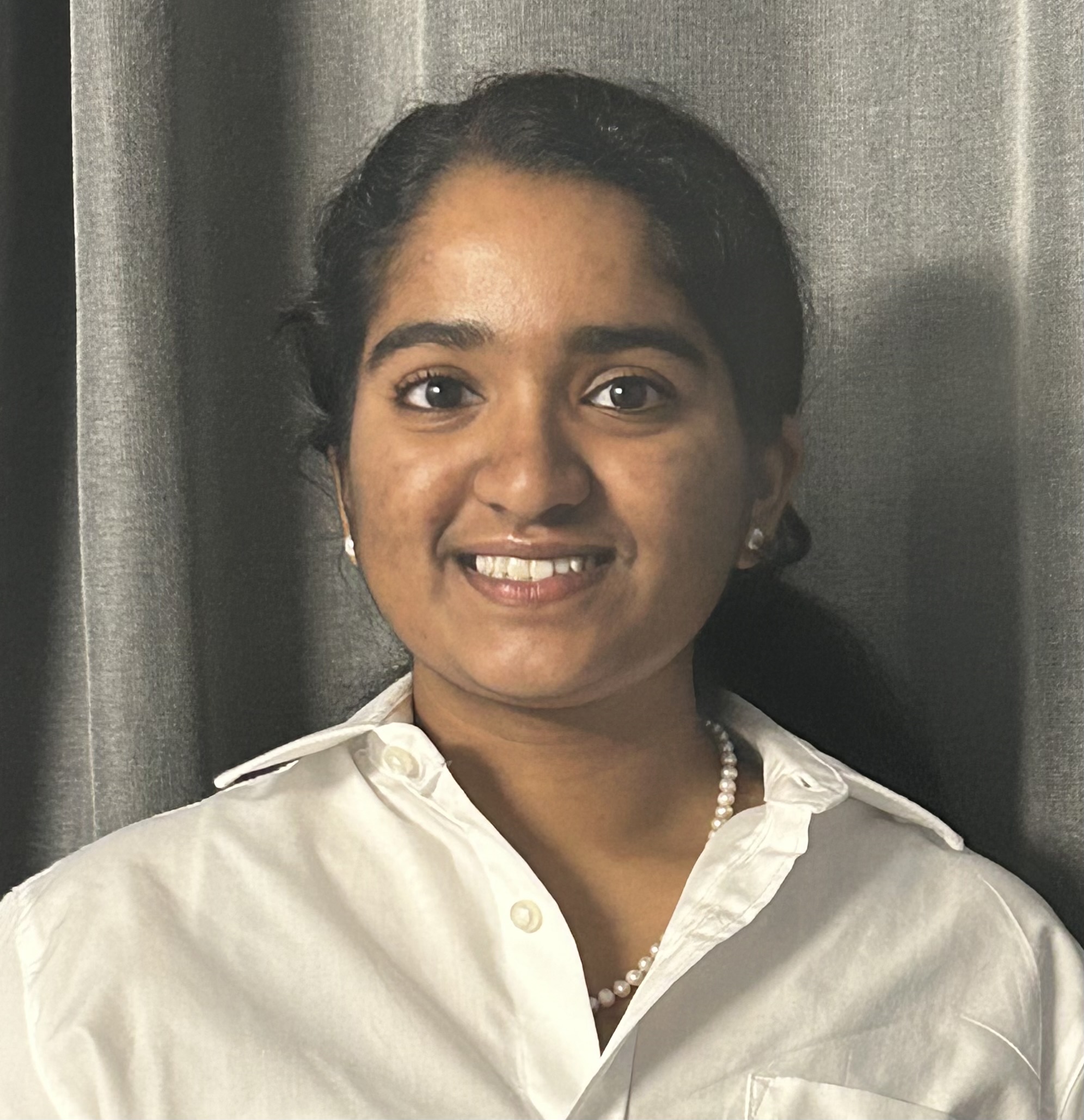Workforce Development / Training / Supervision
(PS3-95) Empowering Teen Mental Health Advocates in Youth Centered Clinical Psychology Research and Advocacy Efforts
- JS
Jas Sarna, B.A.
Research Assistant
Rutgers University
East Windsor, New Jersey, United States - RM
Ritika Merai, B.A.
Postbaccalaureate Research Assistant
National Institute of Mental Health
Rockville, Maryland, United States - MD
Maya Dalack, B.S.
Doctoral Student
Rutgers University
New Brunswick, New Jersey, United States 
Simone Imani Boyd, M.A., M.S.
Ph.D. Student
Rutgers, the State University of New Jersey
Somerset, New Jersey, United States
Shakthi Anand, None
Student
Woodbridge Academy Magnet School
Piscataway, New Jersey, United States
Christian Nicolas, None
Research Assistant
Rutgers University
New Brunswick, New Jersey, United States- JH
Jessica L. Hamilton, Ph.D. (she/her/hers)
Assistant Professor
Rutgers University
New Brunswick, New Jersey, United States
Author(s)
Co-Author(s)
Background The empowerment of youth voices in youth-focused mental health (MH) work is an important consideration that has traditionally been overlooked. Access to MH resources and information on psychology careers is often inequitable, highlighting the need to intentionally involve youth in the field. Youth advisory boards present a significant opportunity to involve youth as partners and directly engage community members in psychological research.
Methods To address this, The Hamilton Lab at Rutgers University developed a youth advisory board in 2021, the Research, Innovation, Support, and Education (RISE) Team, comprising of teens each representing a unique New Jersey high school. Monthly virtual meetings with lab members and the RISE team discuss ongoing research projects and community-centered mental health initiatives, and gather feedback on study design, recruitment, interpretation, and dissemination. Grant funding was awarded to organize a day-long workshop focused on empowering youth MH advocates from New Jersey. Developed with the RISE Team, this workshop included networking, brainstorming MH initiatives, data blitzes on research methods, and professional development talks on psychology careers for high schoolers. Sixteen high school students (ages 13-18; M = 16.12) attended this event, seven of whom were not on the RISE Team; 68.75% identified as female, 25% as male, and one attendee identified as non-binary. The majority of attendees (N = 13, 81.25%) identified as a racial/ethnic minority. Attendees completed pre-/post-workshop surveys assessing knowledge on psychology research and careers, and thoughts on school-based MH initiatives on a 5-point scale.
Results Ten attendees filled out the post-workshop form. Following the workshop, mean scores increased for confidence pursuing a psychology career (3.6 to 4.1), knowledge on psychology career stages (3.25 to 4.8), confidence improving teen MH in their communities (4 to 4.4) having ideas to improve teen MH (4 to 4.7), connection to other advocates (4 to 4.5), and knowledge on psychology research methods (3 to 4.9). Students also shared what they wanted community members to understand about MH, which included wanting more open conversations and support for individualized MH concerns.
Conclusion Collaborating with youth to inform youth-focused research and advocacy may empower them to create positive change in their communities and consider future careers in psychology. Initiatives such as these are critical in increasing youth access to and awareness of mental health resources and psychology careers, and encouraging them to help improve MH in their schools and communities. This project highlights how researchers can incorporate and uplift teen voices in youth MH work.

.png)
